Le api salvano la Terra... Salviamo le api! / Bees save the earth ... let's save bees!
Il progetto è stato presentato dalla collega Rita Bottari su eTwinning Twinspace (etwinning.net).
DESIGN CARD
"Bees save the earth... let's save bees!"
PROJECT PRESENTATION
This project aims to make children understand the importance of pollinating insects for biodiversity and for human life and teach some good practices for safeguard these insects. Introduce children to the wonderful world of bees, the importance that this magnificent insect has for the balance of nature, the goodness of its people products and the beneficial effect they produce for our body. Through this path in the world of nature one would like to take a small step towards awareness of the importance of approaching it, of understanding it and respecting it. In a world more and more "virtual" and disconnected from reality, it seems important to recover this contact that leads to the essence of things and brings back to a dimension of harmony with everything that surrounds us, where everything works if there is respect, justice and love for nature and the human being.
"If the bee disappeared from the face of the earth, man would only have four years left life ”Albert Einstein
AIMS AND PURPOSES
Targets:
observe natural phenomena and living organisms, develop curiosity and exploration, use appropriate language to describe observations and experiences.
Purpose:
Know the morphological structure and characteristics of bees. Know the behaviors, the living environment and the society of bees. Learn about bee products. The role of these insects in biodiversity and environmental protection.
CURRICULAR AND CROSS-CURRICULAR INTEGRATION
The project is aimed at pupils of kindergarten and primary school. The subjects of in-depth study are: science, technology and civic education. They are fundamental the collaboration and contribution from all teachers. As foreseen by the science programming, children study the reproduction of plants and insects pollinators; invertebrate animals and their environment. In technology we will treat the products of bees (honey, propolis and beeswax) and their use. With civic education we will address issues useful for reducing pollution by changing your lifestyle; nutrition education: principles for a healthy diet. The use of honey in the kitchen.
WORK PROCEDURE
Once the project has been created, the forum will be opened in the TwinSpace to accept proposals and suggestions from colleagues who join the activities. A first will be organized a meeting for the presentation of the partners and the project. The frequency of meetings with partners will be monthly.
The pupils will actively participate in the TwinSpace and there will be meetings between the various classes.
Activities calendar:
February:
- compilation of the pages of the TwinSpace relating to the partners section;
- meeting to define together the tasks of each one.
- preparation of the project logo;
- preparation of an introductory video to present the project to partners and parents;
- collection of releases for photos and videos.
March:
- direct observation and collection of material (photos and drawings) on bees and flowers.
- Watching a documentary on biodiversity and the role of bees in the ecosystem.
April / May:
- creation of small manual works with beeswax and greeting cards for the party of the mother;
- April 22: World Earth Day
- May 22: World Biodiversity Day
- Honey on the table: tasting of various types of honey and exchange of recipes of typical dishes with partners.
Final week:
- children, teachers and parents will be provided with an evaluation questionnaire;
- final products.
COMMUNICATION AND COLLABORATION
Lessons will be structured as much as possible in the presence, introducing live observations in the garden of the school regarding the morphology of plants.
Through the use of the IWB we will see videos on pollination by bees.
We will observe products made with beeswax and taste honey.
Laboratory activities aimed at creating materials to be uploaded to the TwinSpace. Videoconferencing, exchange of materials.
INVOLVEMENT OF THE SCHOOL AND THE LOCAL COMMUNITY
Due to the COVID emergency it will not be possible to involve people outside the school, but it will be possible to carry out videoconference meetings with experts in the sector. Surely the project requires the active participation of parents in the search for some materials and honey tasting.
EXPECTED RESULTS, EVALUATION, DOCUMENTATION AND DISSEMINATION
The assessment tools provided will be, in addition to traditional checks, the involvement, commitment and goals achieved by children.
Furthermore, students' approval and self-assessment forms are provided.
Reflection on the difficulties encountered, on the strengths and weaknesses of the project.
The disclosure of the project data will be made:
By making parts of the TwinSpace public
Using the project sheet and submitting the project to the Quality Certificate
By publishing the results and the link to the TwinSpace on school websites
Creation of an eTwinning Corner at school
Presentation of the results to the Interclass Council, during a school event
Publication on the school website
USE OF ICT TOOLS
As for the photos and / or videos of the pupils, parents are expected to sign the release form.
The eTwinners partners will collaborate in creating activities that involve the use of tools and apps.
TWINSPACE STRUCTURE
TwinSpace organization:
- Project organization (public page)
- Design Card
- Working Plan
- Netiquette
- Online Meetings
- Communication Channels
- e-Safety and Copyright
- Integration into the curriculum
- Teacher Task Distribution
- page for the presentation of the partners
- page for each activity
- page for all the technological tools used
- page for questionnaires
- Page for dissemination activities
- Page for the final product










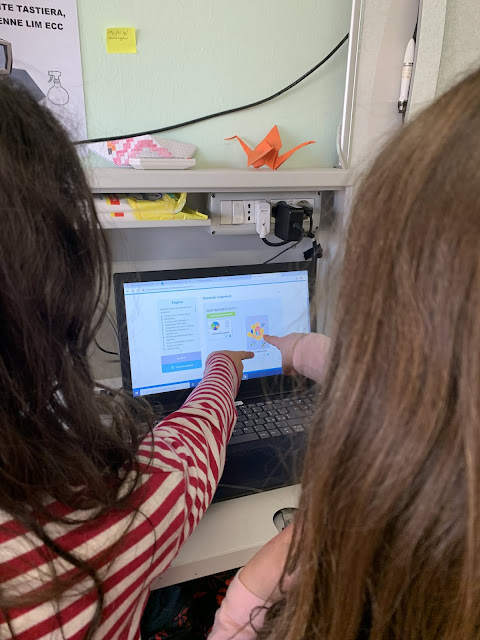



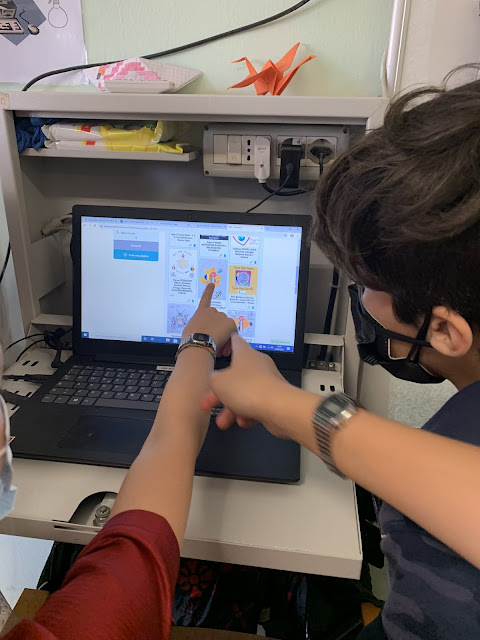




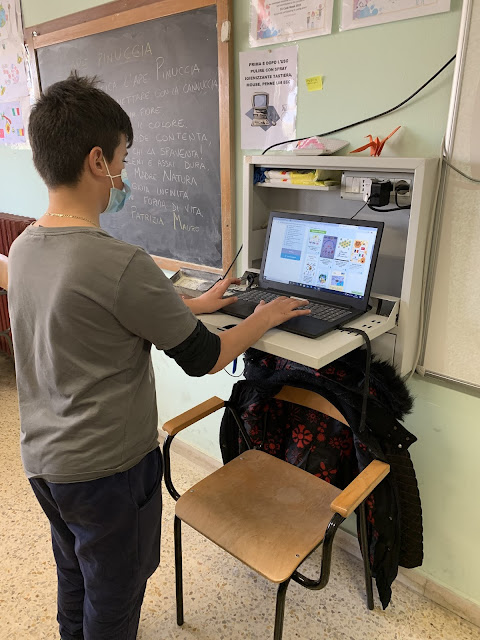









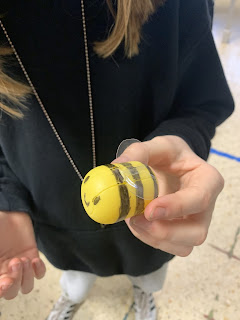













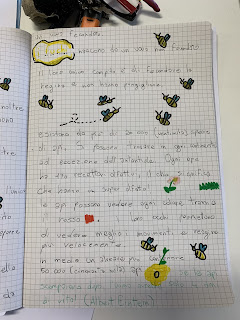


































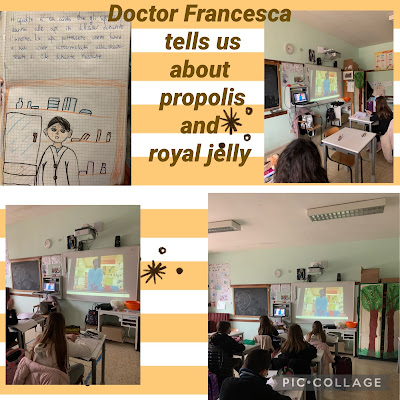



Nessun commento:
Posta un commento